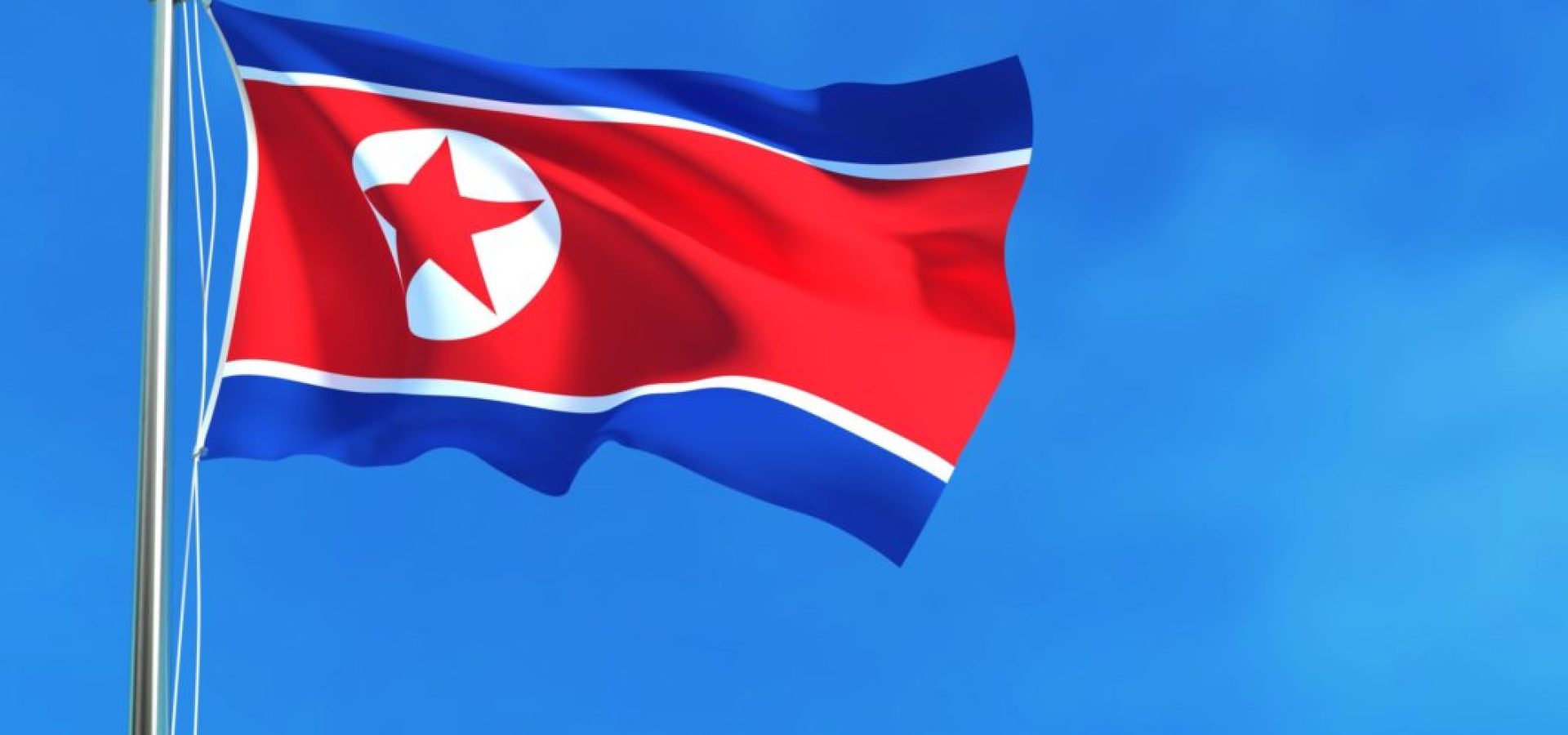Russia and North Korea, two nations often in the global spotlight, show signs of deepening cooperation, particularly in the Rason Special Economic Zone (SEZ). Rason, once a symbol of limited capitalism in North Korea, grapples with adversity amid tightened sanctions and pandemic-induced border closures.
Economic Dynamics in Rason SEZ
Established in the 1990s on the China-Russia border, the Rason SEZ thrived initially, benefiting from vibrant markets and imported goods. However, tighter sanctions and pandemic-induced border closures stifled trade and tourism. Recent months have witnessed a resurgence, marked by ships docking for the first time since 2018 and increased trade activity. Surprisingly, it is not China, with its substantial economic influence, but Russia, that is a driving force behind the SEZ’s potential recovery.
Experts point to the proximity of the Ukraine war as a catalyst for the growing North Korea-Russia alliance. The Rason area, with its potential for tourism, trade, and economic exchange, could become a focal point for both nations. Russia’s potential increase in tourism and trade activities, particularly in selling coal, oil, and flour through Rason, introduces economic intricacies. Moreover, the resumption of oil exports from Russia to NK and discussions about expanding trade underscores the strengthening ties between the two countries.
Russia and North Korea: Military Connections and Suspicions
Since August, Russian military-linked ships visiting Rason’s port have sparked intrigue, prompting raised eyebrows and speculation about their activities. Reports indicate potential transport of military supplies from North Korea to Russia, possibly linked to the ongoing conflict in Ukraine. The Kremlin’s persistent denial of alleged shipments to North Korea fuels international speculation, intensifying uncertainty amid heightened global geopolitical tensions.
In conclusion, the global community watches closely as the Rason SEZ emerges as a potential hub for economic activities between Russia and North Korea. The complex interplay of economics, politics, and military suspicions underscores the intricate relationship between these two nations. China’s dominance in North Korea’s trade persists, but Russia’s resumption of oil exports and military ties indicates a shifting dynamic.









COMMENTS